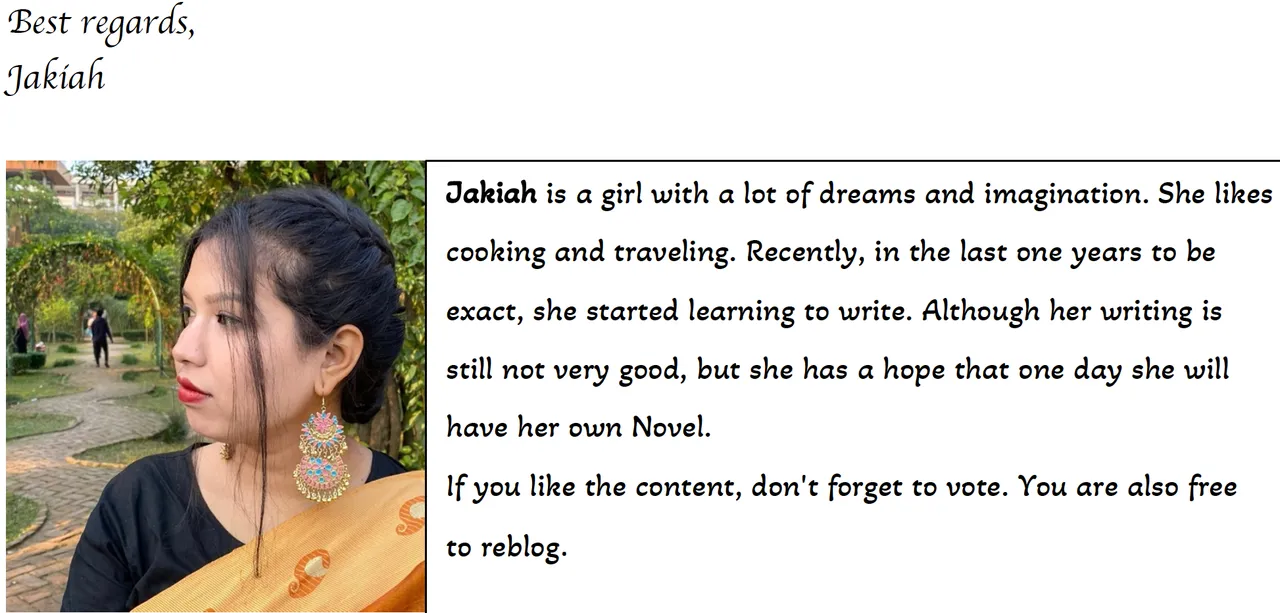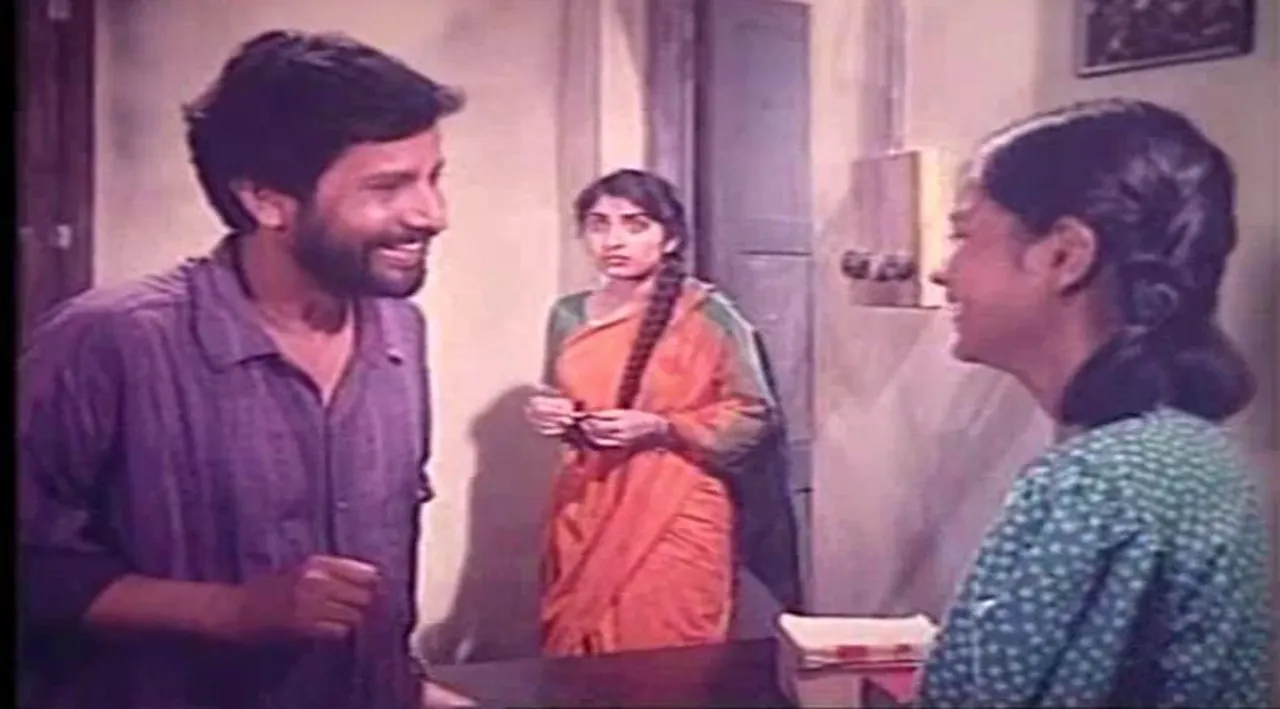May 1971. The besieged city of Dhaka has been taken over by the Pakistani army. A convoy of armored vehicles of the Pakistani aggressors is running in the quiet night of besieged Dhaka. The people of Bangladesh are trembling with intense despair and intense fear.
The film is centered around a family. The head of the family, Matin Saheb, is trying to hear the transistor. Trying to listen to
'Sadhin Bangla Betar Kendra'.
The film also chronicles the plight of women during the war. Ratri, the protagonist of the film, has not been able to get out of the house for the war, which has left her breathless. She is wondering when the country will be free. She had made up his mind that on the day the country became independent she would release her two pet birds into the open sky, and he would turn on the clock in her house again.
Mr. Matin's family was visited a few days later by his friend's son Badiul Alam who had served as the main member of Mukti Bahini. At first, when he came to the family no one looked at him well but later when he found out that he was a member of the freedom fighters then everyone tried to keep him with a lot of love. But Mr. Matin's wife could not accept Badi, thinking only of the safety of her family members to allow her to stay at home.
Badi and the freedom fighters with him succeeded in carrying out one campaign after another. But one by one they were killed by the Pak army and some were taken, prisoner. When one of them, Rashedul Karim, was interrogated after being caught by the guerrillas, he refused to give any information to the Pak army and spat in the face of the Pakistani Major. He did not bow his head even though his finger was cut off. He was eventually shot dead.
Meanwhile, Badi was shot by the Pakistanis. Mr. Matin and all his family members waited till morning for the doctor and medicine to cure him. He stays up all night waiting for dawn, hoping to see another morning. From dawn to dusk, Badir's condition worsened. At dawn, he goes to Badir's house at night, opens the window, and gives Badi a chance to see and touch the light of dawn for the last time.
Another aspect of the film is the love of the Ratri waking up for Badi. The night before Badi goes to war, she tells her what he wants to do on the day the country becomes independent. Ratri says, "On the day when the country becomes independent, I will dance in the street playing the harmonica. You must also be with me that day." With this, he leaves Badir's house.
The story of Shila Ahmed's drawing of eggs in the film has fascinated me a lot. The music of 'Hasan Raja' in the film also fascinated me.
The story, dialogues, visuals, music are perfect. The film is a vivid picture of the history of Bengal.

